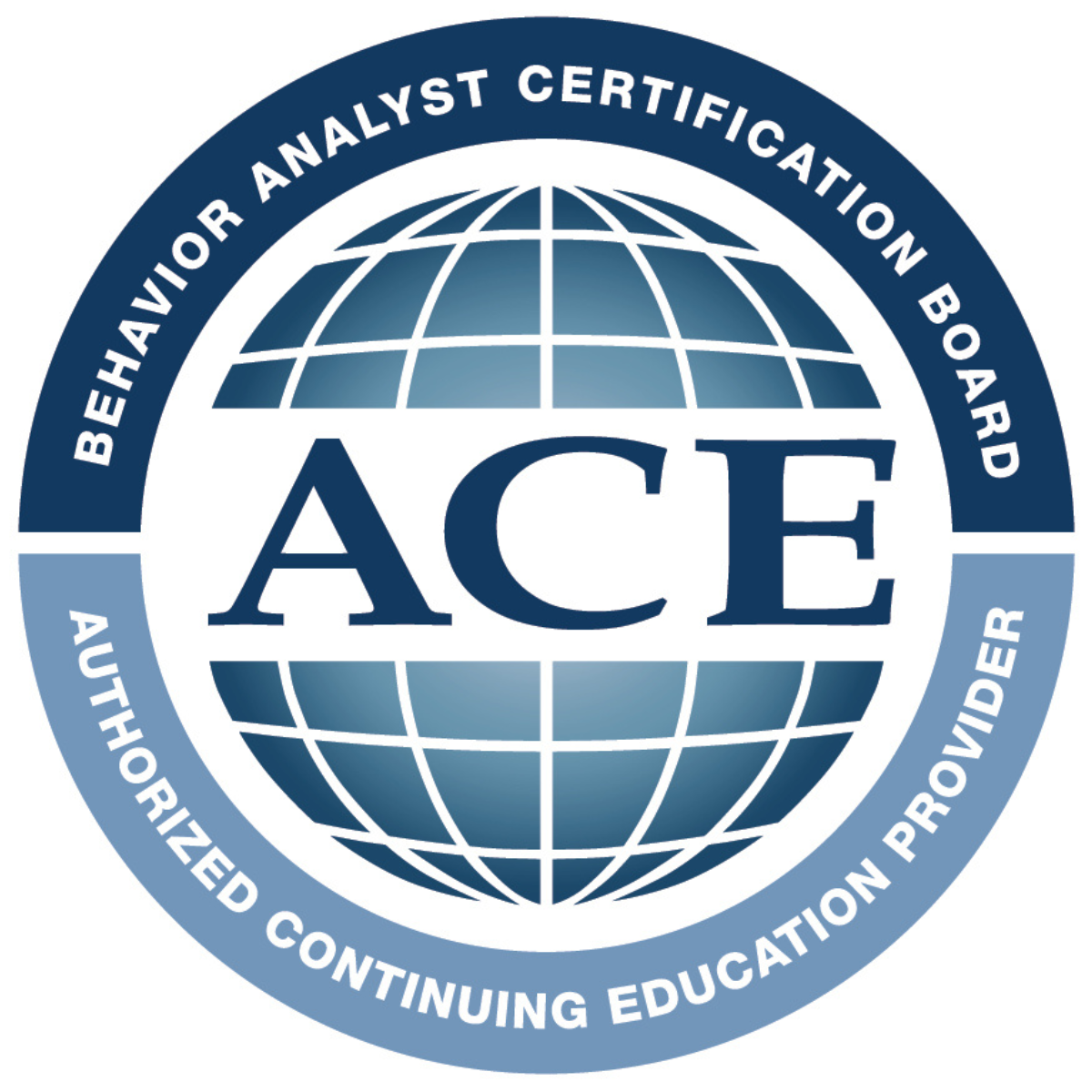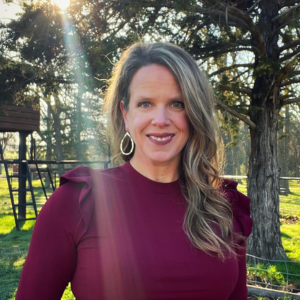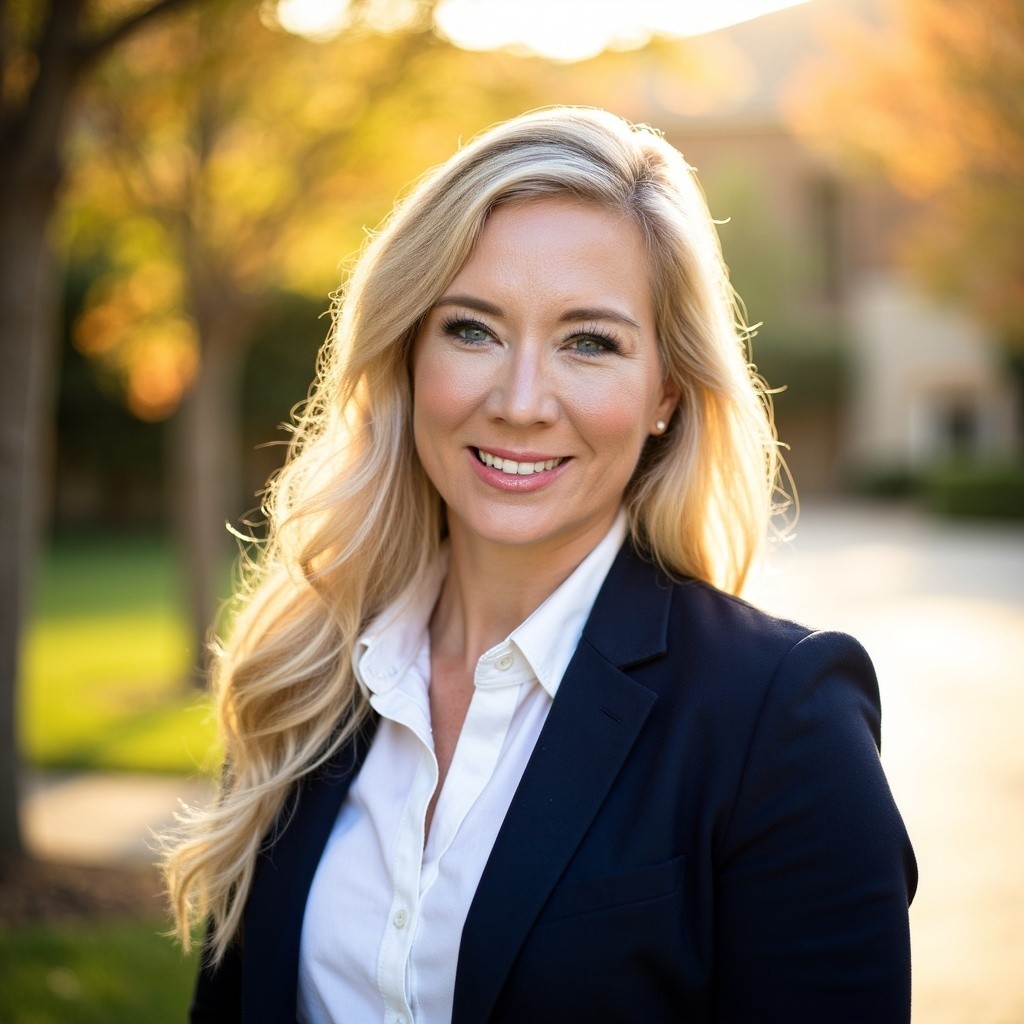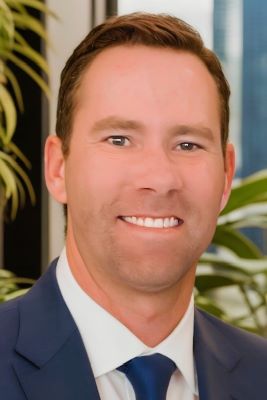Introduction to the CASP Practice Parameters for Using Artificial Intelligence in Applied Behavior Analysis
Hosted on Zoom
Event Details
Abstract
In recent years, Artificial Intelligence (AI) has become increasingly integrated into both the administrative and clinical activities involved in delivering applied behavior analysis (ABA) services. However, the selection, adoption, and deployment of AI systems by practitioners have outpaced the development of laws, regulations, and guidelines intended to safeguard their use in healthcare. As a result, ABA organizations must independently navigate the complexities of AI integration and make informed decisions in the absence of industry-specific guidance.
To address this gap, the Council of Autism Service Providers (CASP) formed a working group to develop practice parameters for provider organizations. These parameters offer guidance on payor, regulatory, and ethical considerations, as well as key elements of organizational oversight related to AI use. Beginning with AI selection, they also outline strategies, including but not limited to those for successful change management, monitoring, and auditing practices. This webinar will introduce attendees to these parameters, highlight additional components, and preview future phases of the project.
Learning Objectives
- Outline strategies for organizational oversight of AI use, including ongoing monitoring and auditing practices.
- Discuss ethical and payor-related implications of adopting AI tools in ABA service settings.
- Describe how CASP’s practice parameters support ABA organizations in making informed, accountable decisions about AI integration.

This webinar offers 1.0 BACB Learning CEU.
Cost
- CASP Members - free
- non-members - $20
|
|
Presenter
|
|
|
|

 Rebecca Womack, MS, LBA, BCBA
Rebecca Womack, MS, LBA, BCBA Summer Gainey, PhD, BCBA-D
Summer Gainey, PhD, BCBA-D David Cox, Ph.D., M.S.B., BCBA-D
David Cox, Ph.D., M.S.B., BCBA-D Adam Hahs, PhD, BCBA-D
Adam Hahs, PhD, BCBA-D
